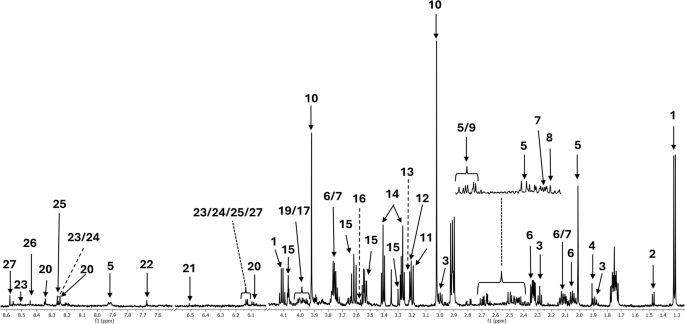Researchers have discovered that a single dose of a glycogen phosphorylase inhibitor can significantly enhance the cognitive performance of aged mice, suggesting a promising avenue for addressing age-related memory decline. The study also reveals fascinating insights into the complex metabolic changes occurring in different regions of the aging brain. Glycogen plays a crucial role in brain function, and its regulation could hold the key to maintaining cognitive abilities as we grow older.

A Single Dose, Remarkable Results
The aging process often brings about a decline in cognitive abilities, making it increasingly challenging for older individuals to remember and learn new information. However, a recent study published in Scientific Reports has uncovered an exciting discovery – a single dose of a glycogen phosphorylase inhibitor can dramatically improve the memory and spatial orientation skills of aged mice.
Glycogen phosphorylase is an enzyme that regulates the breakdown of glycogen, a vital energy storage molecule in the brain. By inhibiting this enzyme, the researchers found that they could stimulate a “rejuvenation” of the hippocampus, a brain region crucial for memory formation.
Unveiling the Metabolic Landscape
To delve deeper into the mechanisms behind this cognitive enhancement, the researchers conducted an in-depth metabolomic analysis of different brain regions in the young and aged mice, both with and without the glycogen phosphorylase inhibitor treatment.
The findings were remarkable. The hippocampus, a region particularly susceptible to age-related changes, showed significant metabolic shifts in response to the inhibitor. The levels of key neurotransmitters, such as GABA and glutamate, were restored to more youthful levels, suggesting a rebalancing of the brain’s excitation-inhibition equilibrium. Additionally, the researchers observed changes in lipid metabolism, which is crucial for maintaining healthy neuronal membranes and signaling.

Figure 2
Unlocking the Brain’s Resilience
The researchers also discovered that the effects of the glycogen phosphorylase inhibitor were not uniform across all brain regions. While the hippocampus and cerebellum exhibited significant metabolic changes, the cortex, responsible for higher cognitive functions, remained relatively unaffected.
This regional specificity highlights the complex and dynamic nature of brain aging. Different brain regions appear to have varying susceptibilities to the effects of aging, and the glycogen phosphorylase inhibitor seems to selectively target the areas most vulnerable to age-related decline.
Implications for the Future
The findings of this study not only deepen our understanding of the intricate relationship between glycogen metabolism and brain function but also suggest a promising new avenue for addressing age-related cognitive impairment.
By targeting the regulatory mechanisms governing glycogen breakdown, researchers may be able to develop therapeutic interventions that could help preserve and even enhance cognitive abilities as we grow older. This could have significant implications for improving the quality of life for the aging population and potentially reducing the burden of neurodegenerative diseases.
As the research continues, we can look forward to further insights into the complex and dynamic metabolic landscape of the aging brain, paving the way for innovative strategies to maintain cognitive resilience and healthy brain function throughout our lifespan.
Author credit: This article is based on research by Natalia Pudełko-Malik, Dominika Drulis-Fajdasz, Łukasz Pruss, Karolina Anna Mielko-Niziałek, Dariusz Rakus, Agnieszka Gizak, Piotr Młynarz.
For More Related Articles Click Here
